Greek Mythology.
May 19, 2019 • 36 views
Greek mythologyis the body ofmythsoriginally told by theancient Greeks. These stories concern theoriginandthe nature of the world, the lives and activities ofdeities,heroes, andmythological creatures, and the origins and significance of the ancient Greeks' owncultandritualpractices.
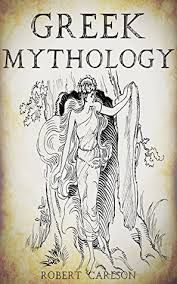
The Greek myths were initially propagated in anoral-poetic traditionmost likely by Minoan and Mycenaean singers starting in the 18th centuryBC;eventually the myths of the heroes of theTrojan Warand its aftermath became part of the oral tradition ofHomer'sepic poems, theIliadand theOdyssey.
Aside from this narrative deposit inancient Greek literature, pictorial representations of gods, heroes, and mythic episodes featured prominently in ancientvase-paintingsand the decoration ofvotive giftsand many other artifacts. Geometric designs on pottery of the eighth centuryBC depict scenes from the Trojan cycle as well as the adventures ofHeracles.
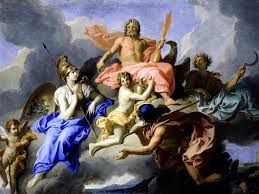
Greek mythology has had an extensive influence on the culture, arts, and literature ofWestern civilizationand remains part of Western heritage and language. Poets and artists from ancient times to the present have derived inspiration from Greek mythology and have discovered contemporary significance and relevance in the themes.
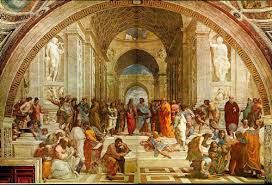
Ancient Greecewas acivilizationbelonging to a period ofGreek historyfrom theGreek Dark Agesof the 12th–9th centuries BC to the end ofantiquity. Immediately following this period was the beginning of theEarly Middle Agesand theByzantineera. Roughly three centuries after theLate Bronze Age collapseofMycenaean Greece,Greek urbanpoleisbegan to form in the 8th century BC, ushering in theArchaic periodandcolonization of the Mediterranean Basin.
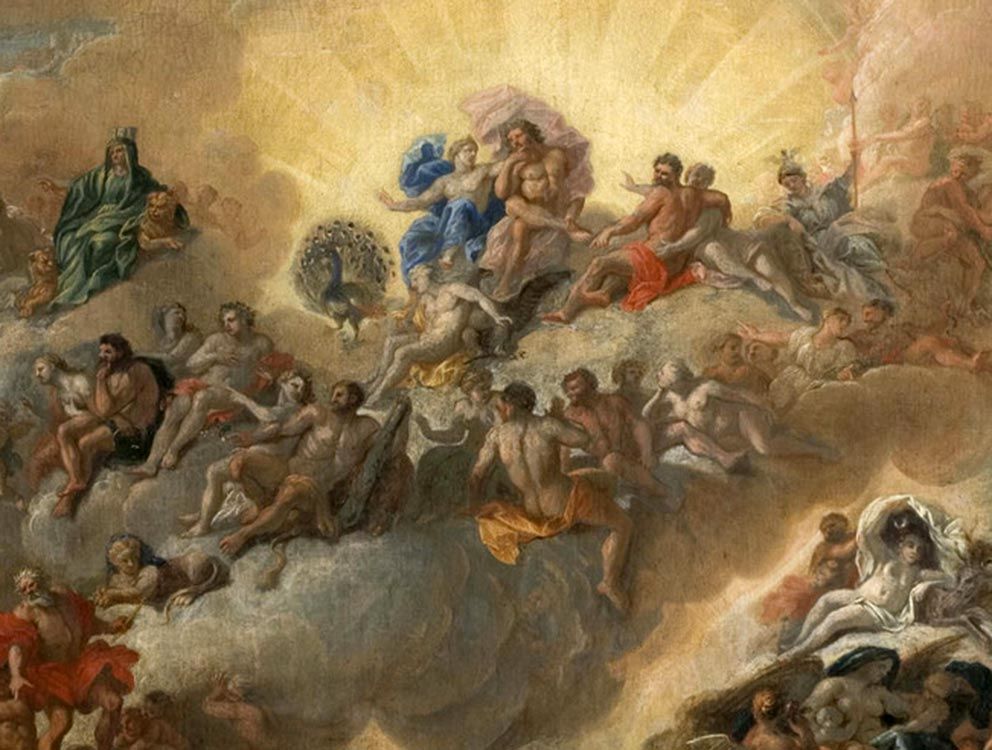
The gods of the ancient Greek pantheon are divided into various categories. The first of these--the Olympian gods, Titan gods, and primordial gods--represent the three generations of deities to rule the cosmos. The next five categories divide the gods by domain, namely the gods of sky, sea, earth (rustic and agrarian), and underworld. The final sections contain the daemones--minor deities or spirits representing abstract ideas, emotions and conditions--and apotheosed mortals.
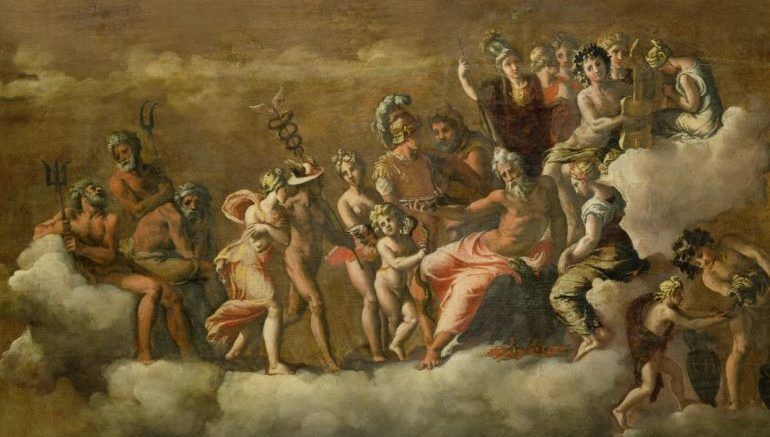
Greek mythology, body of stories concerning the gods, heroes, and rituals of theancient Greeks. That themythscontained a considerable element of fiction was recognized by the more critical Greeks, such as the philosopherPlatoin the 5th–4th centuryBCE. In general, however, in the popular piety of the Greeks, themythswere viewed as true accounts. Greek mythology has subsequently had extensive influence onthe arts andliteratureof Western civilization, which fell heir to much of Greekculture.
